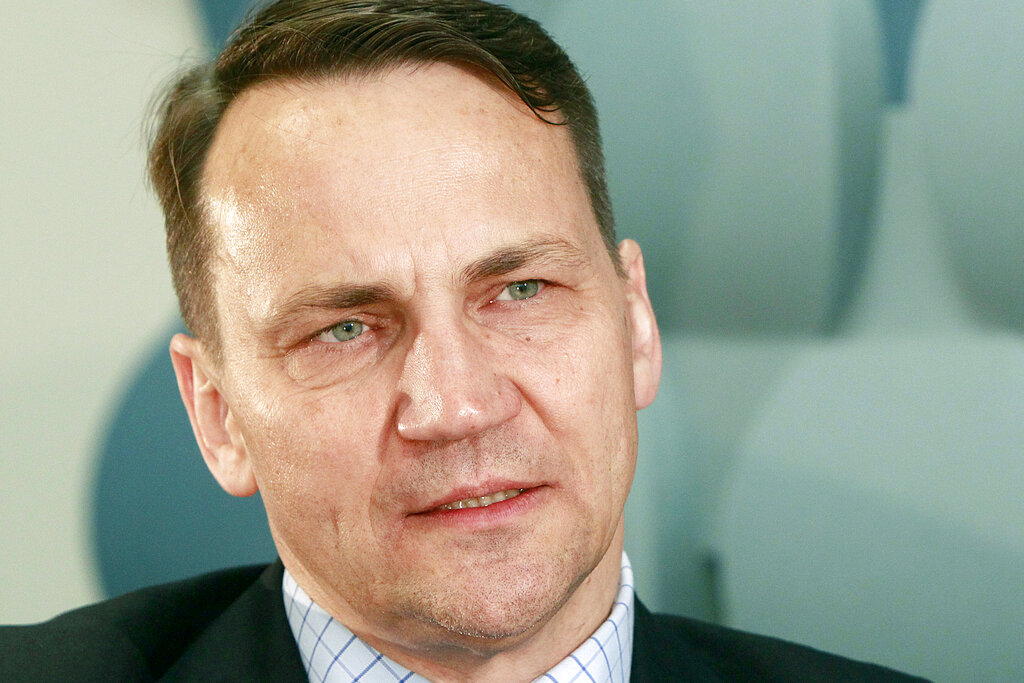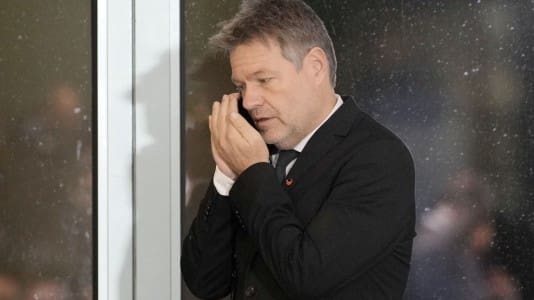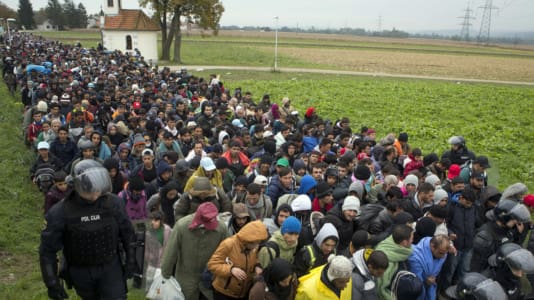In a debate on Russia at the 54th World Economic Forum in Davos, Polish Foreign Minister Radosław Sikorski stated that if Russia were to lose on the battlefield, the country might witness liberal changes, as it has reformed itself every time it has lost a war.
Sikorski also warned that a Russian victory in Ukraine could encourage China to occupy Taiwan.
Discussing Sino-Russian relations, Sikorski noted that, after a period of Kremlin dominance, Beijing is now the stronger partner in the bilateral relationship.
“Russia needs China much more than China needs Russia,” the Polish diplomat emphasized, citing energy agreements where Russia supplies resources to China at much lower prices than it did to the European market. This, according to Sikorski, highlights the disparity between the interests of Russia and those of its president. He also recalled Zbigniew Brzezinski’s words, “Russia is either an ally of the West or a vassal of China.”
The Polish minister expressed skepticism about Russia moving away from China, as the leaders of both countries see benefits in cooperating to sustain their regimes.
Sikorski reminisced about his efforts to normalize relations with Russia during his tenure as foreign minister from 2007 to 2014, recalling Vladimir Putin’s visit to Gdańsk in 2009 to acknowledge the start of World War II there and to move away from the Stalinist version of history. He also mentioned Putin’s visit to Katyn, the place where thousands of Polish POWs were murdered by NKVD during WWII, and spoke about the collaboration of Polish and Russian historians.
In the Polish foreign minister’s view, after the end of the Cold War, the West extended a hand to Russia by inviting it into various international institutions. However, Moscow began violating the fundamental principles of these bodies.
“Normal relations cannot be maintained with a state that attacks its neighbors,” Sikorski stated, adding that Putin has crossed a point of no return.
The debate also included the foreign ministers of Romania and Lithuania, Luminita-Teodora Odobescu and Gabrielius Landsbergis, as well as the vice president of the European Commission, Valdis Dombrovskis.






